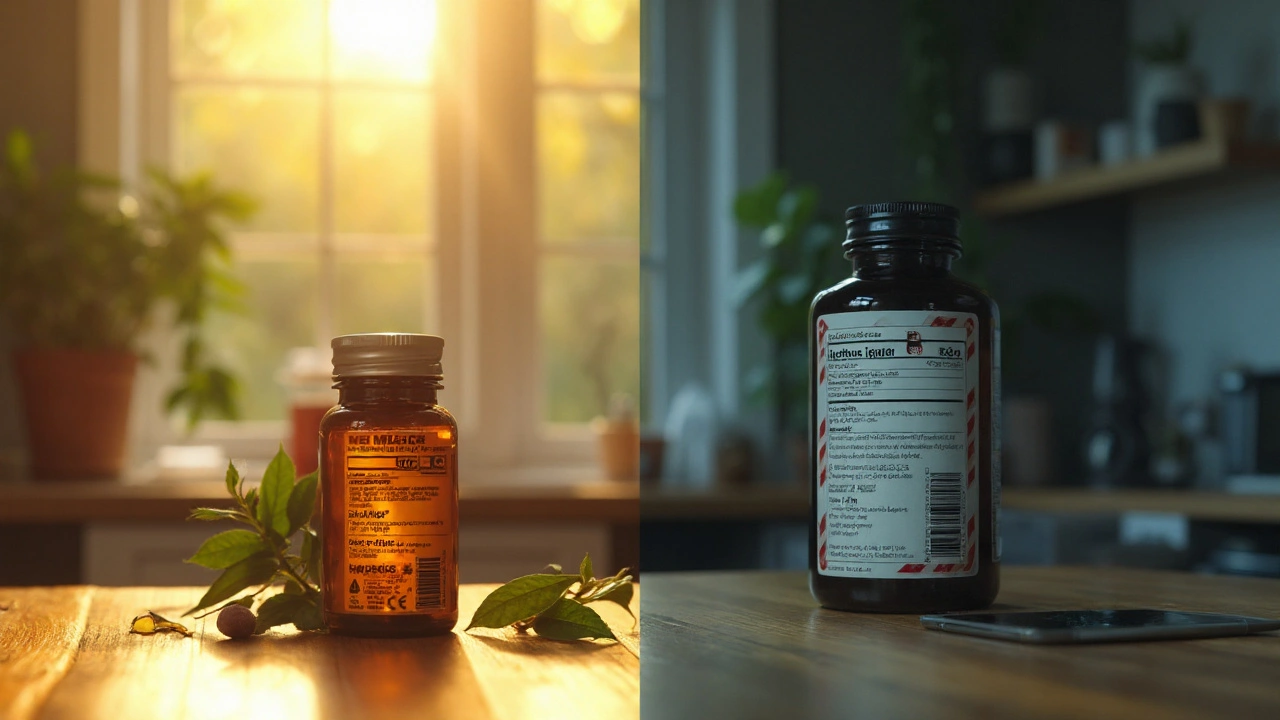Supplement Safety: Practical Tips for Choosing Safe Health Supplements
Ever bought a supplement that promised miracles, only to feel weird or see no results? You’re not alone. The market is flooded with pills, powders, and teas, and not all of them are trustworthy. This guide walks you through the basics of supplement safety so you can shop with confidence and keep your body happy.
Do Your Homework Before You Click ‘Buy’
The first step is simple: research the product and the brand. Look for a company that shares a clear manufacturing address, a phone number, and an FDA‑registered facility. If the label mentions third‑party testing by groups like USP, NSF, or ConsumerLab, that’s a good sign. These certifications mean an independent lab checked the ingredients for purity and potency.
Don’t forget to read the ingredient list. Fancy names like “standardized extract” can hide low doses that won’t work. For botanical supplements such as Oswego tea (Monarda didyma), make sure the label specifies the part of the plant used and the exact amount per serving. Too little, and you’ll waste money; too much, and you could face side effects.
Watch Out for Interactions and Health Conditions
Supplements can mingle with prescription meds just like food does. If you’re on blood thinners, avoid high‑dose vitamin K or many herbal blends. People with thyroid issues should be cautious with iodine‑rich formulas. A quick chat with your pharmacist or doctor can save you from nasty surprises.
Even “natural” doesn’t mean safe for everyone. Some users report stomach upset from certain probiotics, while others feel jittery after high‑dose caffeine‑based supplements. Knowing your own sensitivities and starting with a low dose lets you gauge how your body reacts before committing to a full bottle.
Secure Your Purchase: Spotting Scam Sites
Online shopping tips apply to supplements, too. Stick to reputable retailers that require a prescription for regulated items, and avoid sites that promise unlimited discounts or ask for payment via gift cards. Check for HTTPS in the web address and read customer reviews for red flags like delayed shipping or missing ingredients.
If a deal sounds too good to be true—like a month’s supply for a few dollars—walk away. Those offers often come with counterfeit products that may contain harmful fillers or no active ingredient at all.
Store Your Supplements Correctly
Heat, light, and moisture can break down active compounds. Keep bottles in a cool, dry place and seal them tightly after each use. Some probiotics need refrigeration; if the label says so, follow it or the microbes might die, rendering the product useless.
Finally, pay attention to expiration dates. Unlike prescription drugs, many supplements lose potency over time, and using them past their prime can lead to ineffective results or unexpected side effects.
By doing a quick check on the brand, confirming third‑party testing, consulting your healthcare provider about interactions, and buying from secure sites, you’ll dramatically reduce the risk of unsafe supplements. Stay curious, stay cautious, and let your health choices be guided by clear, practical information.
Ignatius Bean (Ignatia amara) Supplement: Benefits, Risks, and Evidence
Is Ignatius bean a miracle or a risk? Get the facts on benefits, safety, legal status in Australia, and science-backed alternatives before you buy.





